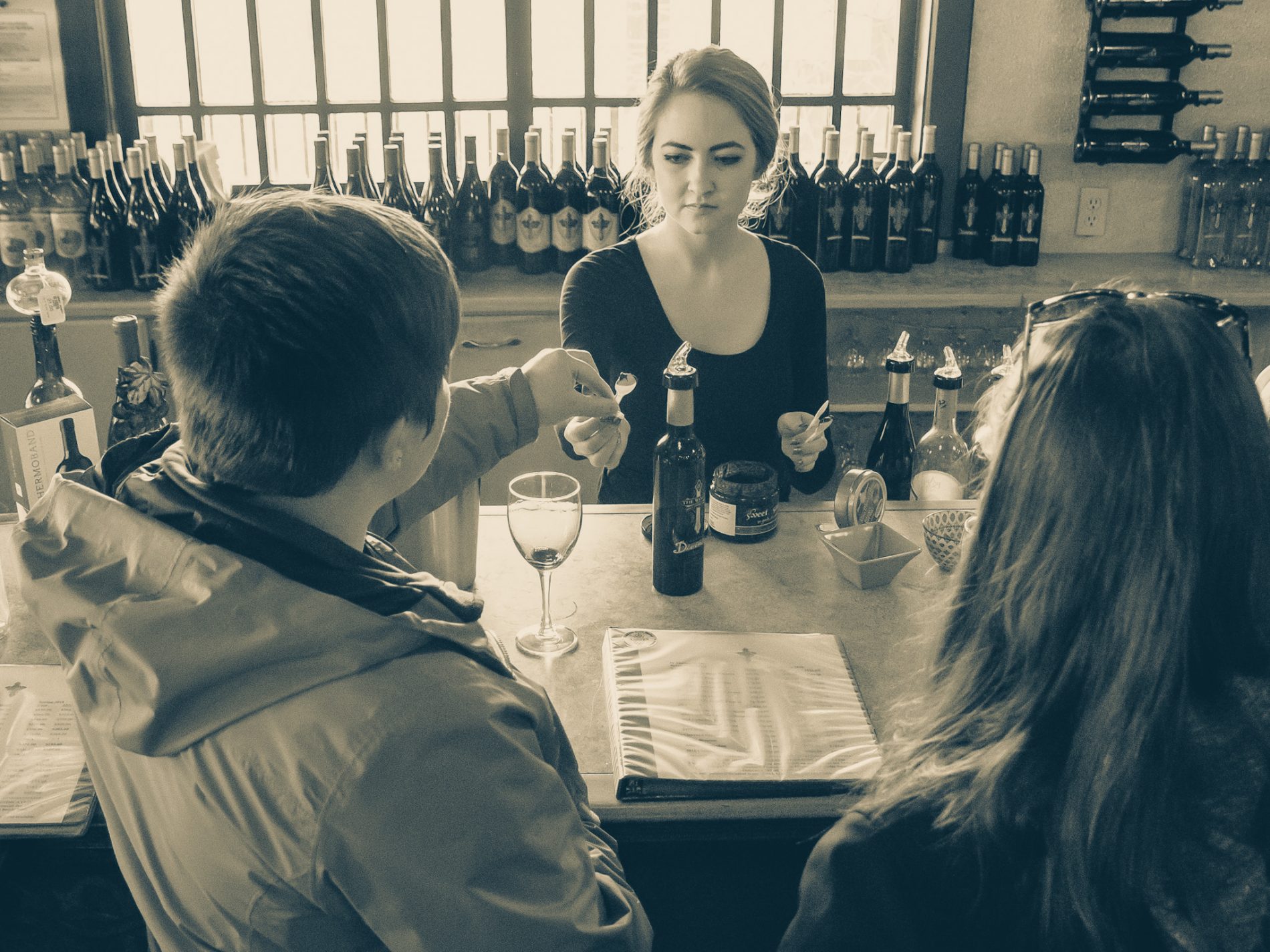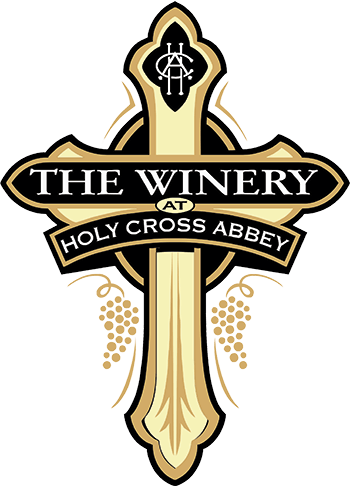- No products in the cart.

How Colorado’s Wineries Have Adapted to Survive COVID-19
So many industries have been hit hard and have had to adapt to survive the COVID-19 pandemic. Among those is Colorado’s wine industry, which relies on tourism to promote and sell its wines. If guests can’t visit a winery’s tasting room, sales plummet.
In addition to COVID-induced shutdowns, 2020 has brought crop freezes and the cancellation of many money-making events, such as Cañon City’s Harvest Festival, both of which affect a bottom line.
Still, these wineries survive. How?
Colorado wineries are adapting to COVID-restrictions by adding features to their properties and shifting marketing focus. The Winery at Holy Cross Abbey in Cañon City is an example of this.
A Change in the Tasting Experience
When COVID-19 shut all bars and taverns, including wineries, breweries, distilleries that do not offer food, The Winery at Holy Cross expanded its business model to include on-site dining to qualify as a restaurant and reopen.
To meet state requirements, the winery paired up with the neighboring monastery’s event center chef to offer Al Fresco dining, which includes a fruit plate, a cheese plate, different sandwiches, salads, or wraps.
Owner Larry Oddo has also installed new outdoor heaters so wine tastings and dining is possible year-round on the winery’s outdoor patio (Cañon City’s location in a banana belt also helps with this).
To further maintain sales, Oddo shifted marketing efforts to online sales, featuring monthly wines discounted at 20% and lots of shipping incentives.
Media Contact:
Lindsay Diamond
719.395.5700
lindsay@vistaworks.com
www.vistaworks.com


